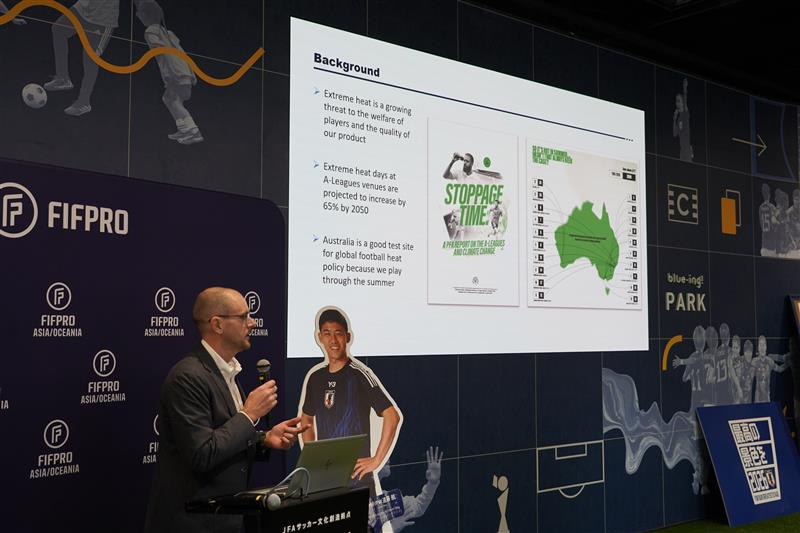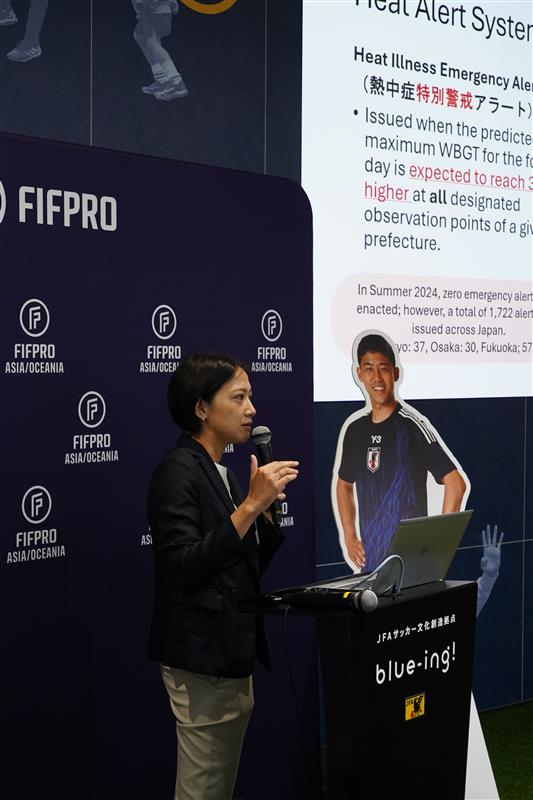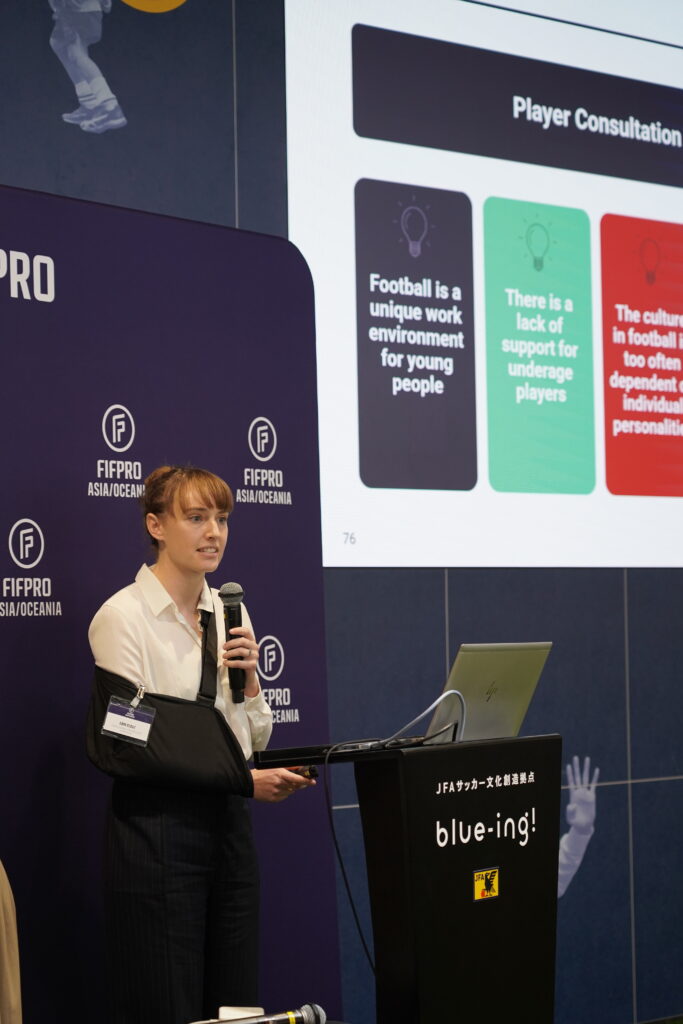PFA Chief Executive, Beau Busch, and Head of Player Relations – Women, Erin Clout, travelled to Tokyo for FIFPRO Asia/Oceania’s annual General Assembly last week.
The General Assembly, hosted by FIFPRO Asia/Oceania and the Japan Pro-Footballers Association (JPFA), brought together representatives from FIFPRO Asia/Oceania’s 12 member unions (of which PFA is a member) observer unions, Japanese football stakeholders, and FIFPRO Secretary General Alex Phillips.
The gathering included reflections from professional footballers, including JPFA President Maya Yoshida, who highlighted the importance of collective representation in shaping the future of football across Asia and Oceania.
Current and former players, including FIFA Women’s World Cup winners Mana Iwabuchi and Aya Miyama, WE League players Ami Otaki and Maya Yamamoto, and J1 League players from AFC Asian Champions League finalists Kawasaki Frontale, Jung Sung-Ryong and Sai van Wermeskerken, were in attendance.
Busch, who has been President of FIFPRO Asia/Oceania since December 2024, presented on a range of topics, including a vision for the 2026 AFC Women’s Asian Cup, the PFA’s research into climate change and the impact of heat on the A-Leagues, and on a new League Benchmarking project for the Division.

Busch shared insights from Stoppage Time: A PFA Report on the A-Leagues and climate change, while representatives from JPFA explained the rationale of moving the J.League out of the summer months to manage heat and align with the European football calendar.
Yuri Hosokawa, an Associate Professor at the Faculty of Sport Sciences at Japan’s Waseda University, presented on research including prevention and education of sudden death in sport, development of heat guidelines for exertional heat illness prevention, and development of heat acclimatisation guidelines.

Modelled on the PFA’s A-Leagues player survey, the new League Benchmarking initiative aims to collate player feedback from FIFPRO Asia/Oceania’s 12 member unions to compare working conditions across multiple clubs and leagues.
The current project has received over 1,500 responses from players in Japan’s J.League and WE League. The JPFA’s implementation of the survey is providing unprecedented insight into workplace conditions in Japanese club football, including off-field development support and transition planning for players.
Meanwhile, Clout, who leads PFA’s player relations for women’s professional players, presented on workplace safety, sharing progress on the PFA’s Safe Football Project.
The Safe Football Project – which was launched last year – is a player-led, evidence-based campaign tackling abuse and harassment in women’s professional football.
By combining research, consultation, expert guidance, and recommended actions, the PFA aims to transform the workplace culture in the A-Leagues, making safety, reporting clarity and proactive prevention central to the sport.
The Project could be utilised or replicated by FIFPRO Asia/Oceania’s other member unions.

The Assembly was held at the Japan Football Association’s (JFA)’s event space JFA Soccer Culture Creation Hub blue-ing! in Tokyo.







